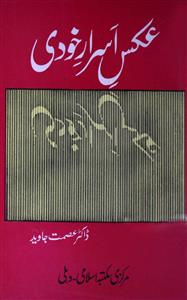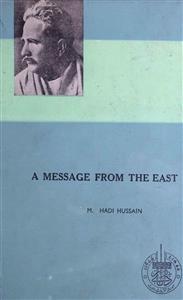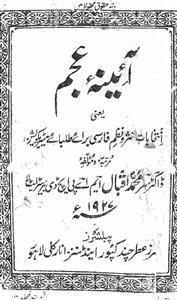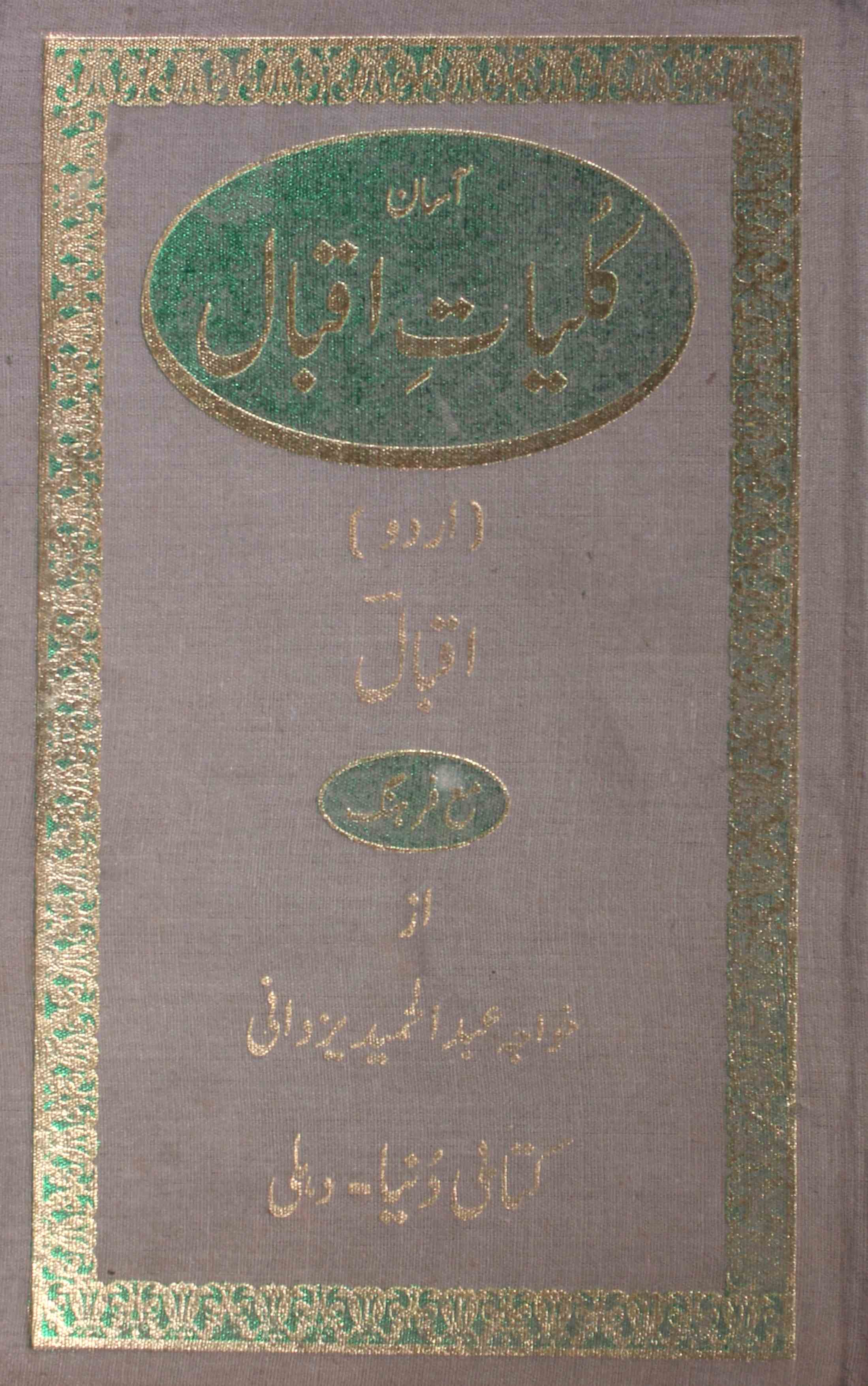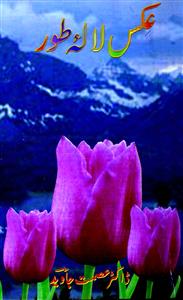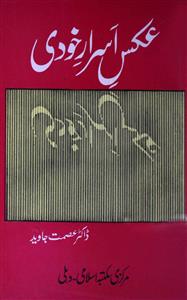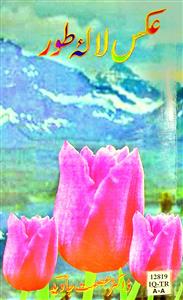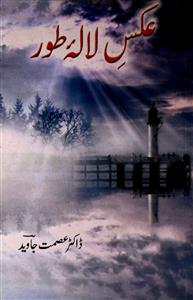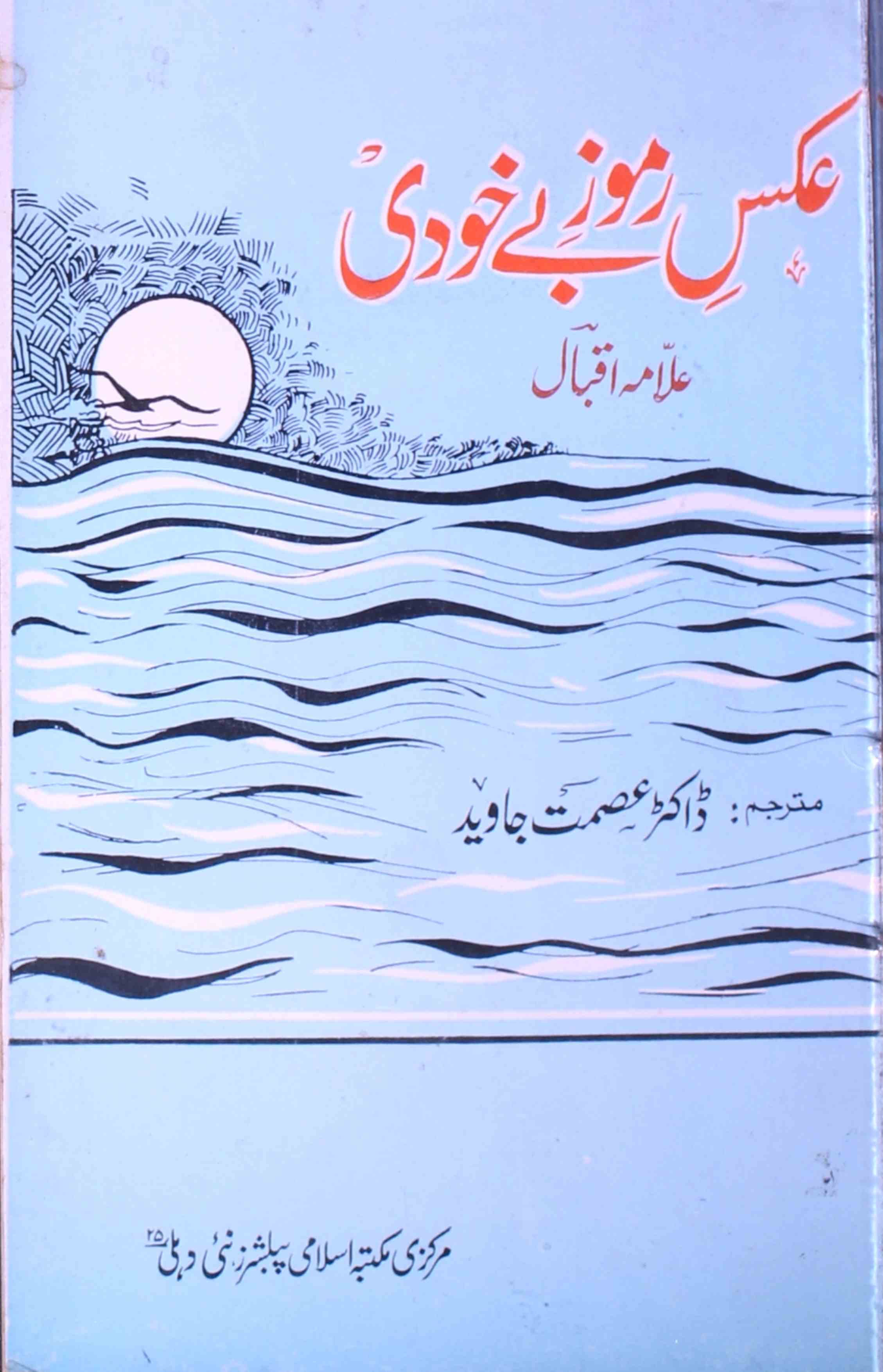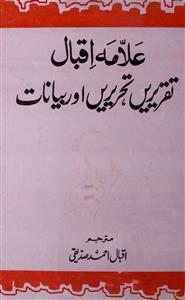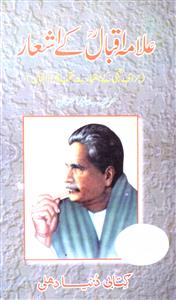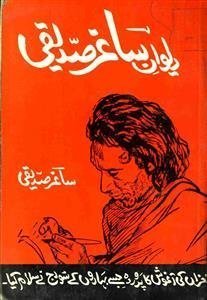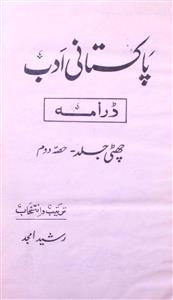 For any query/comment related to this ebook, please contact us at haidar.ali@rekhta.org
For any query/comment related to this ebook, please contact us at haidar.ali@rekhta.org
About The Book
"اسرار خودی"علامہ اقبال کی فلسفیانہ خیالات کی حامل فارسی مثنوی ہے یہ مثنوی 1915ء میں شائع ہوئی، اس مثنوی میں علامہ نے ایک مکمل ضابطہ حیات پیش کیا ہےجس کا محور و مرکزخودی ہے ، "اسرار خودی" میں خودی کی حقیقت و ماہیت اور قوت و صلاحیت کا بیان ہے،اور اس کی پرورش و استحکام کے لیے ایک مکمل لائحہ عمل تجویز کیا گیا ہے، روایتی مثنوی کی طرح اقبال نے اپنے افکار کی توضیح کے لیے تمثیل کا سہارا بھی لیا ہے،جس کامقصدداستان و واقعہ کے ذریعے مفہوم کو پوری طرح واضح کرنا ہے۔ اس کے علاوہ فلسفے کے ٹھوس مسائل کو شاعرانہ لطافت کے ساتھ سمونے کے لیے تخیل کی رنگینی سے بھی کام لیا گیا ہے، زیر نظر کتاب "اسرارخودی"کا منظوم اردو ترجمہ ہے ،ترجمہ حتی الامکان لفظی ہے، زیادہ تر "اسرار خودی" کے فقروں اور لفظوں سے ہی ترجمہ کیا گیا ہے تاہم ایک رکن کے اضافہ کے ساتھ دوسری بحر کا استعمال کیا گیا ہے، جس سے ایک شعر کا ترجمہ ایک ہی شعر میں کردیا گیا ہے،یہ کتاب اگرچہ مختصر ہے تاہم بڑی جامع اور اس قابل ہے کہ مسلمان اس کو پڑھ کر اپنا دستو العمل بنائیں ۔
About The Author
Mohammad Iqbal (1877-1938), a descendant of a Kashmiri Brahmin family that had embraced Islam in the seventeenth century, was born and settled in Sialkot. After a traditional education in Arabic, Persian, and Urdu, he was exposed to a liberal education that defined the contours of his thought and his poetry during the entire period of his life. Beginning his educational career at the Scottish Mission School, he went on to acquire his M. A. in Philosophy, before joining Trinity College, and later earning the degree of Bar-at-Law. He furthered his education by getting the degree of doctorate from Germany on The Development of Metaphysics in Persia. He worked in different capacities at different points of time; he taught philosophy, practised law, got involved in politics, and also attended the second Round Table Conference. Even while he favoured the idea of the creation of Pakistan and is venerated there as the national poet, he wrote the famous patriotic song that celebrates the greatness of India. King George V decorated him with knighthood and he was called Sir Mohammad Iqbal thereafter.
Iqbal wrote both in Persian and Urdu, and is often regarded as the poet-philosopher of the East who addressed the Muslim ummah, believed in the philosophy of wahdatul wujood, and propounded the philosohy of khudi, or selfhood, which called for self-realisation and the discovery of the hidden talent with love and perseverance. Beyond that lay the stages of complete submission and forgetfulness which, he thought, was the ultimate stage of khudi. Iqbal dreamt of the ‘complete man’ and also entered into a metaphoric dialogue with the divine. His poetry emerged as a remarkable site where message and art coalesced, as he re-configured major poetic devices like metaphor, myth, and symbol to re-visit history, philosophy and the Islamic faith to develop his individual vision. He has left behind his collections of poems, Asraar-e Khudi, Rumooz-e Bekhudi, Baang-e Daraa, Baal-e Jibreel, Payaam-e Mashriq, Zaboor-e ‘Ajm, Javed Naama, Zarb-e Kaleem, and Armaghaan-e Hijaz, apart from his lectures collected in English as The Reconstruction of Religious Thought in Islam, and other works on the Eastern worldview.
 For any query/comment related to this ebook, please contact us at haidar.ali@rekhta.org
For any query/comment related to this ebook, please contact us at haidar.ali@rekhta.org
